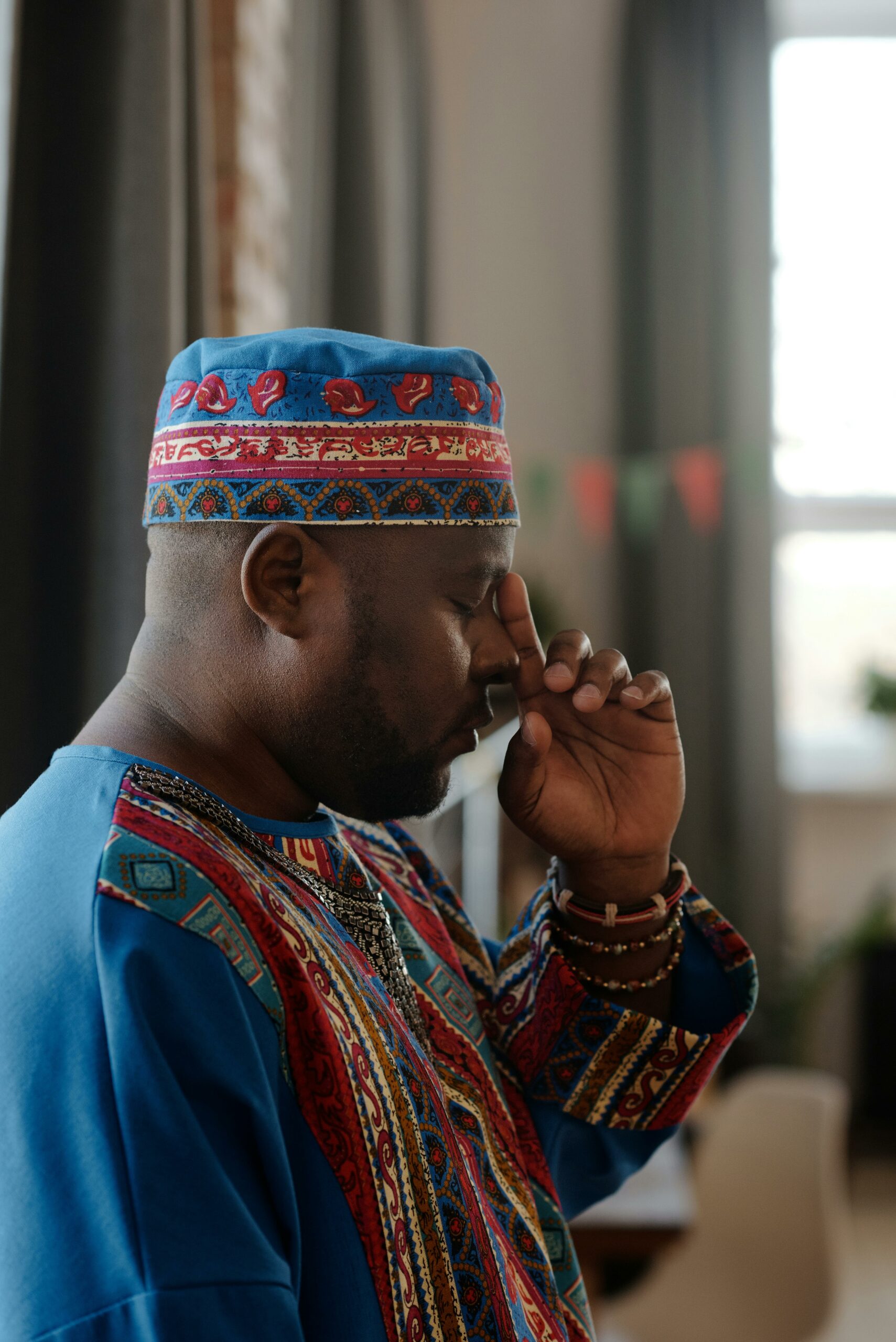
I stand by the window and watch as dogs roam through the compound of my house. Behind me, a plate of eba and ewedu soup sits on the floor, begging to be swallowed. Before I started praying, I gulped a bottle of water to fill my stomach and that seems to be why I have lost the appetite for Sahur but it is not; I have just finished reading Zaina Arafat‘s essay, “Fast for Ramadan While Gaza Goes Hungry,” where she gives a narration of her childhood memory of how Ramadan used to be for her and her family in Palestine. It has become my morning routine since Ramadan started to read something before heading to the mosque for the morning prayer. Before I started reading the essay, I placed the Qur’an on the cabinet after completing a Juz’ and instead of eating right away, my phone pings, a notification from Instagram and from one follower’s story, I encountered Zaina Arafat’s essay. I should have eaten before reading the essay.
Ramadan has not always been reflective for me. I grew up understanding the month as just a ritual to be observed, otherwise you would be denied two pieces of meat or taking pap with milk during iftar. But when I moved to Ilorin for my English degree, it became a ladder to reach God: I prayed hard for good grades; to get my pitches commissioned; to land a good-paying job after school. Last year, the holy month morphed to become some sort of life straightener – I tried completing the Qur’an, prayed harder and became more charitable. I used last year’s to pray for a better life but I have been struggling to find a course for this year’s. And reading Zaina’s essay revealed why. Although I have been avoiding interactions about the tragedy in Gaza for many months, the thought of eating healthy while children and other Muslims starve away in Gaza never leaves my mind. It engrosses me.
Hunger is a world problem but there is a difference between hunger caused by financial incapability and one forced on you. Ramadan is meant to be a month of bounty and soul nourishment – spiritually or nutrient-wise – but there are children in Gaza who, as Zaina reiterates, will never get to have a childhood memory of Ramadan. Their parents will never have the chance to create the memories for them. When I was young, my mother used to enjoy cooking more during Ramadan because that was the only time she got to watch her children – all gathered around – eat. Last week, she called to ask if I’d need anything from her for Ramadan and I told her I would be fine. She said, “Koburu,” and there was a tinge of bitterness and longing in her voice. I know she misses her Ramadan routine and she’s feeling lonelier. Most of her children have left home; my brothers and I live in various places, distant from her. The last time she saw us together was when we lost one of our sisters to child labour.
But I don’t find myself thinking about my mother’s loneliness during Ramadan. I rather now spend many hours scrolling through Al Jazeera’s Instagram page, watching the videos of horror in Gaza as children, mothers and fathers struggle to survive. Ramadan is meant to be a month that dissipates your fears and worries, a month where one’s life tragedy could be prevented. But families in Gaza are being bombed, and many connections are shattered. At least 31,819 people have been killed and 73,934 wounded by attacks in Gaza since October 7, according to the latest figures shared by the Health Ministry. The statement added that 93 people were killed and 142 wounded in the past 24 hours including children, according to Al Jazeera’s live broadcast.
In hospitals, starvation is drying up mothers’ breasts and babies, innocent souls are bearing the brunt of a war they did not start. I read reports of Palestinians preparing for Ramadan and imagined them praying to God to use the holy month to end their misery, instead of praying for the blessings of the world and hereafter, like other Muslims around the world.
My eating habits became worse in this holy month. On the third day of Ramadan, like today, I drank just water for sahur. For its iftar, I took a less-sugared custard. It is not my inability to cook or eat better, but how does one eat well when somewhere, people who are meant to experience the same joy and excitement of the month, experience misery? What kind of Ramadan memory would the children have? When will this end?
***
Featured Image by Askar Abayev for Pexels
The post Ahmad Adedimeji Amobi: The Ritual of Ramadan appeared first on BellaNaija – Showcasing Africa to the world. Read today!.



